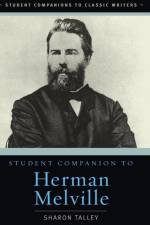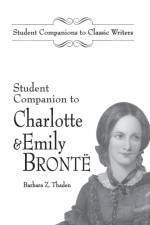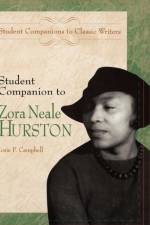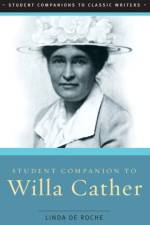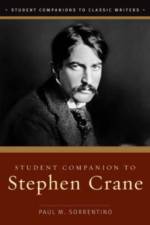av Paul M. Sorrentino
535,-
Born into a family of writers, Stephen Crane wrote his first poem, I'd Rather Have when he was eight, and his first short story, Uncle Jake and the Bell-Handle, at around the age of 13. Despite never having completed a course of study at any of the colleges he attended, Crane decided, in the spring of 1891, to pursue a career as a writer. While working as a journalist, he penned Maggie: A Girl of the Streets, a novella written in the Naturalist style that depicted the seaminess of urban tenement life. Enduring his own poverty, and taking temporary reporting jobs, Crane completed his literary masterpiece, The Red Badge of Courage, a dramatic depiction of a soldier's inner life during the American Civil War, in April 1894. The author, who continued to write both journalistic pieces and short stories until his death in June 1900, is one of the most highly regarded and popularly taught American authors today.Stephen Crane pursued his writing career during a time when the literary world was moving from Romanticism to Realism and Naturalism, and later in his life, Impressionism and Modernism. Sorrentino examines each of Crane's works, identifying the influence of these literary movements, and world events, on his novels, short stories, and poetry, including: Maggie: A Girl of the Streets, New York City Stories and Sketches, The Red Badge of Courage, War Stories, Western Stories, and Tales of Whilomville.






